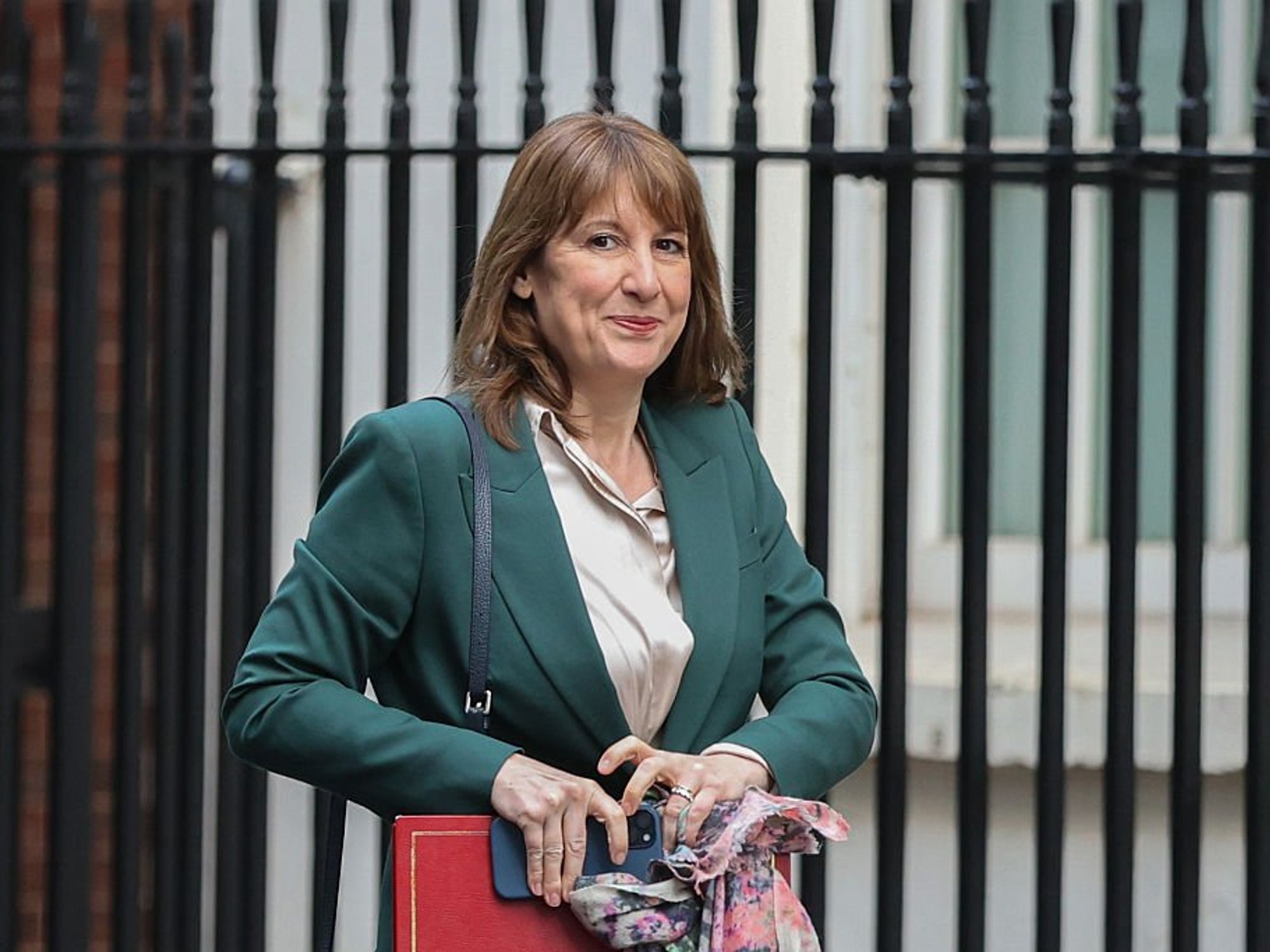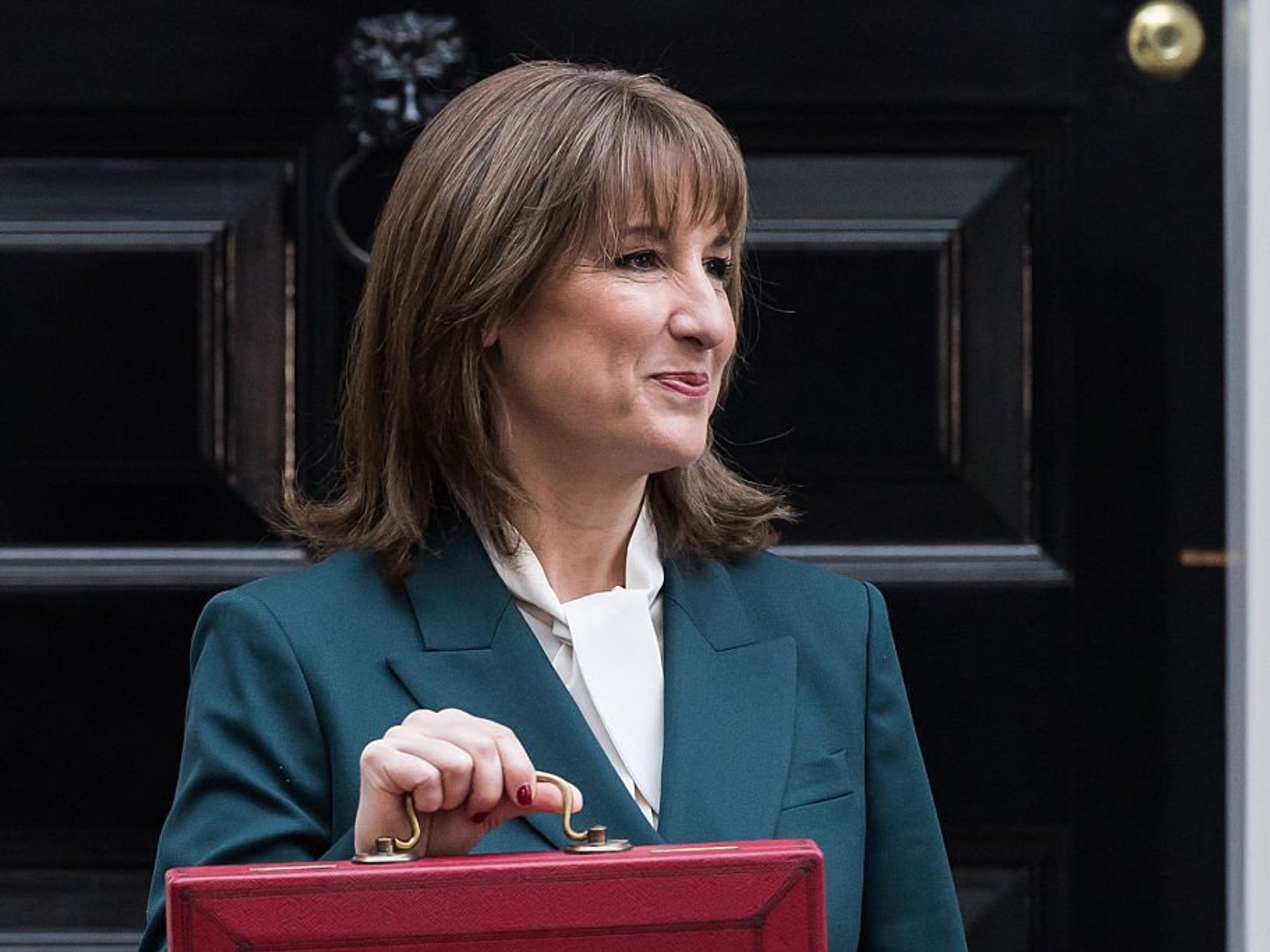Capital gains tax update: HMRC loses £1.7bn despite Rachel Reeves's raid pushing 87,000 more into paying tax
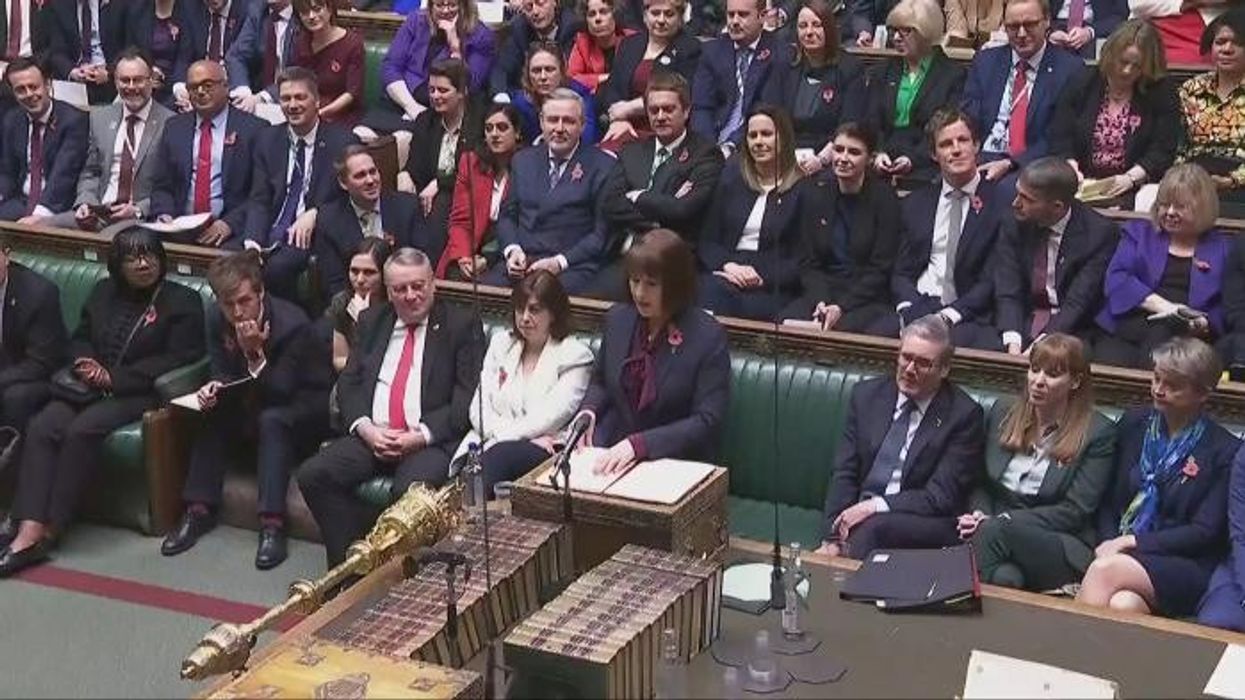
GBNEWS

Rachel Reeves’s reforms brought more people into the tax net, but high earners avoided selling assets, limiting the impact on overall revenues
Don't Miss
Most Read
Thousands more investors have been swept into the tax system, even as Government revenues from it collapse.
New figures reveal the growing burden on smaller savers, while wealthier individuals sidestep the charge altogether
Recent Government data shows that 87,000 additional taxpayers were caught by capital gains tax in 2023/24 after the annual allowance was slashed, but total revenue from the tax fell by 19 per cent to £12.1 billion, the lowest since 2019/20.
The number of people paying the tax rose to 378,000, a one per cent increase and the second-highest total since the financial crisis.
CGT receipts fell to £11.8 billion in the first half of 2025, down from £13.5 billion during the same period in 2024. This marks a £1.7 billion drop in Government income.
The fall follows the Chancellor's October 2024 Budget, which introduced immediate changes to CGT rates. Basic rate taxpayers saw their CGT rate rise from 10 per cent to 18 per cent, while higher rate taxpayers faced an increase from 20 per cent to 24 per cent.
Despite strong market conditions, the drop in receipts highlights how smaller investors are bearing the brunt, while high-net-worth individuals are holding onto assets to avoid tax or waiting until death for a reset in gains.
Only £38 million of the extra tax take came from the new taxpayers, underlining the limited returns for the Treasury and the growing strain on ordinary savers.
Sarah Coles, head of personal finance at Hargreaves Lansdown, described the situation as "a classic example of tweaking a tax in order to raise more money and then ending up with less in the short term".
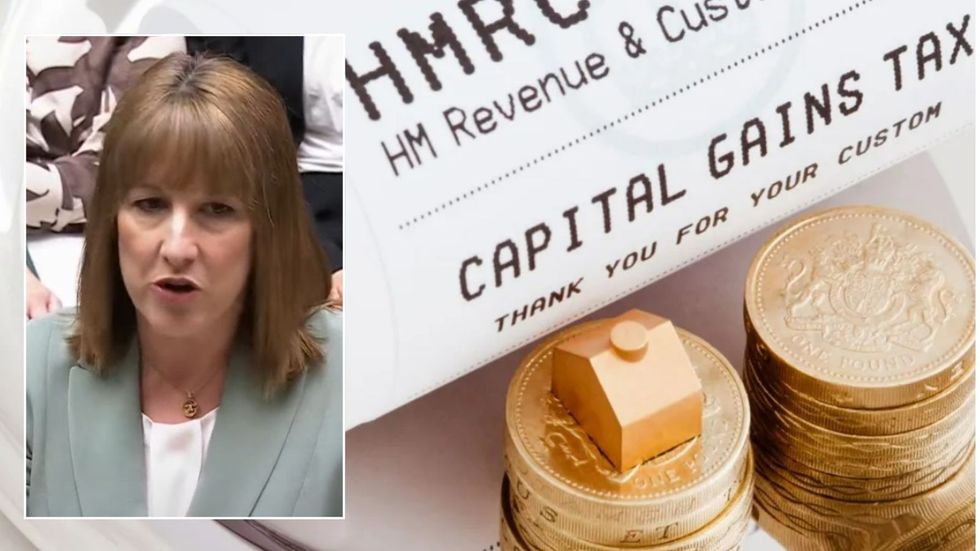
Basic rate taxpayers saw their CGT rate rise from 10 per cent to 18 per cent, while higher rate taxpayers faced an increase from 20 per cent to 24 per cent
|GETTY
She noted that whilst the Government began reducing the capital gains tax allowance in 2023, the subsequent twelve months saw tax receipts fall by nearly a fifth.
"The twist in the tail is that at the same time, changes to capital gains tax have dragged 87,000 more people into paying it," Coles explained.
She suggested that many investors are simply choosing to retain their gains, with some potentially having accelerated disposals before the changes took effect to benefit from the previous year's higher allowance.

Investors can employ several legitimate strategies to minimise their capital gains tax liability
| GETTYInvestors can employ several legitimate strategies to minimise their capital gains tax liability, according to expert guidance.
Realising gains annually allows taxpayers to utilise their £3,000 tax-free allowance each year, whilst offsetting losses against gains can reduce overall tax bills, with unused losses carried forward to future years.
Stocks and shares ISAs offer complete protection from capital gains tax, benefiting both portfolio rebalancing and eventual withdrawals, whilst pension contributions provide similar advantages alongside tax relief.
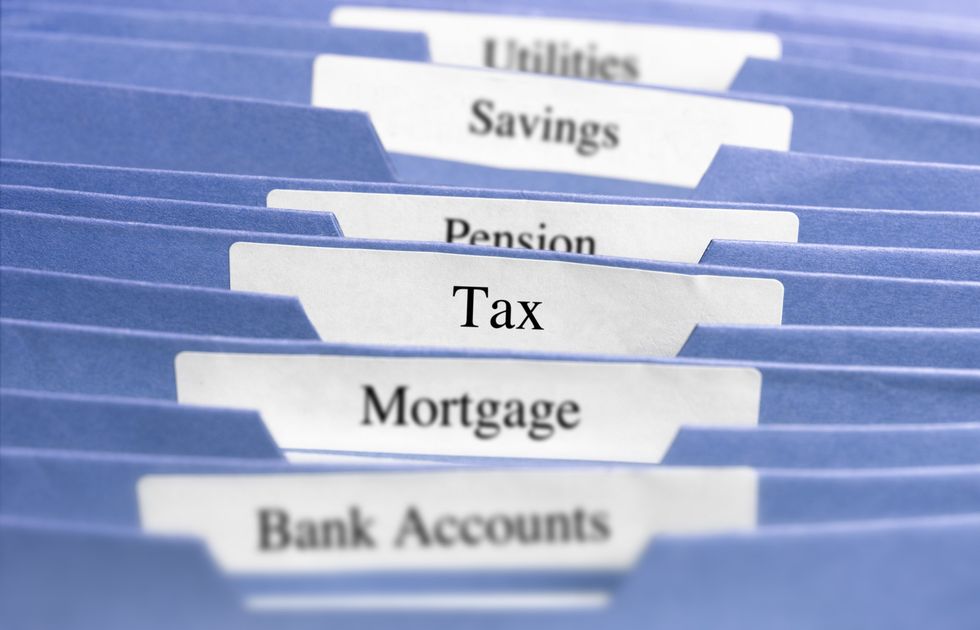
Venture Capital Trusts provide capital gains tax exemptio
| GETTYExisting investments can be transferred into ISAs through the Bed and ISA process, or into pensions via Bed and SIPP arrangements.
Married couples and civil partners can transfer assets between themselves without triggering tax charges, effectively doubling their combined allowances.
Venture Capital Trusts provide capital gains tax exemption, though their higher risk profile means they should constitute only a small portion of diversified portfolios.








